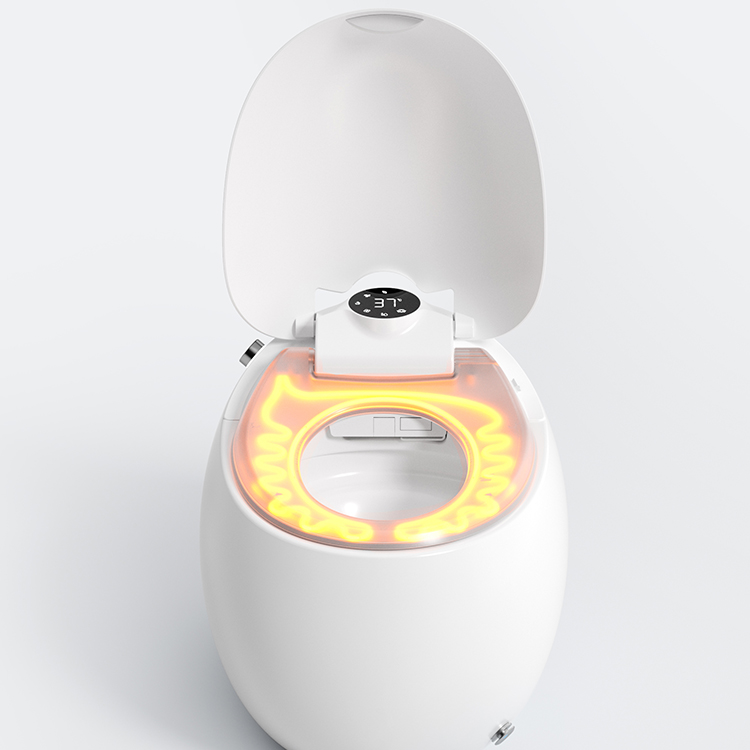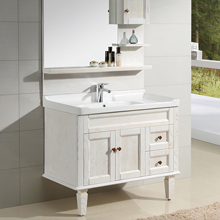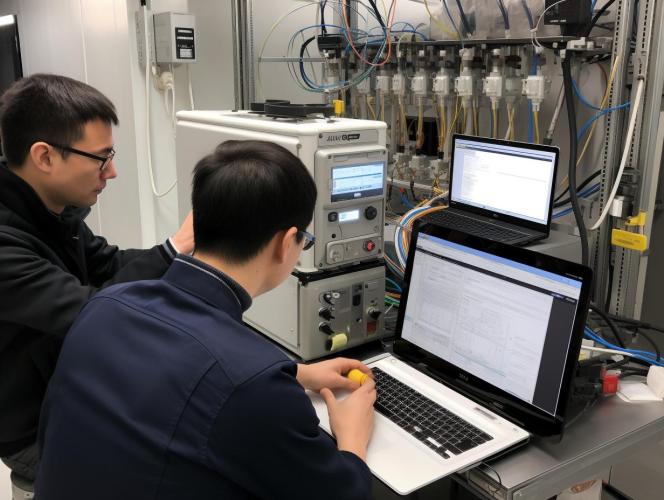In the medical equipment sector, the choice of materials is crucial for ensuring patient safety and product effectiveness. Stainless steel pipes have emerged as a superior choice, providing several advantages that enhance their performance in various healthcare applications.

Stainless steel pipes are known for their exceptional durability. They can withstand high pressures and extreme temperatures, making them ideal for various medical devices, such as surgical instruments and diagnostic equipment. This resilience ensures that the pipes maintain their structural integrity over time, reducing the risk of failure during critical procedures.
A significant advantage of stainless steel pipes is their corrosion resistance. In a healthcare environment, exposure to various substances and sterilization processes can lead to material degradation. Stainless steel pipes resist rust and corrosion, ensuring long-lasting performance and reducing maintenance costs.

Hygiene is paramount in the medical industry. Stainless steel pipes offer smooth surfaces that facilitate effective cleaning and sterilization. Furthermore, their non-porous nature inhibits the growth of bacteria, ensuring that medical devices are safe for patient use.

In conclusion, the use of stainless steel pipes in medical equipment presents numerous advantages, including durability, corrosion resistance, and excellent hygienic properties. These characteristics make stainless steel an ideal material for ensuring safety and reliability in healthcare applications, ultimately contributing to better patient outcomes.






